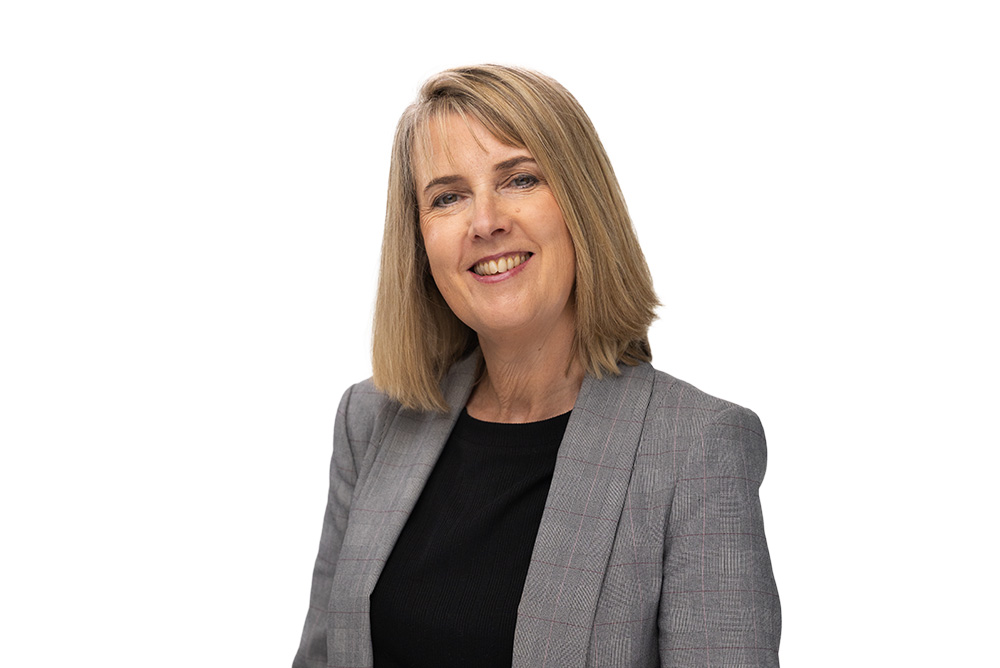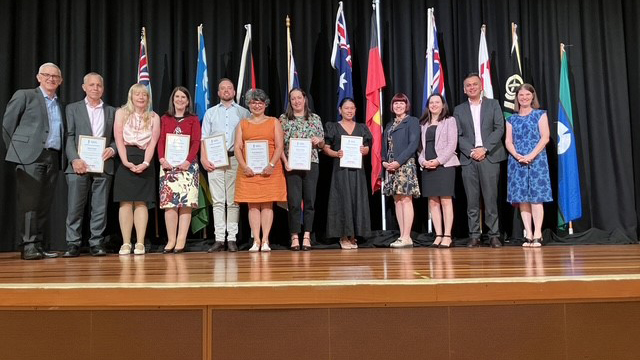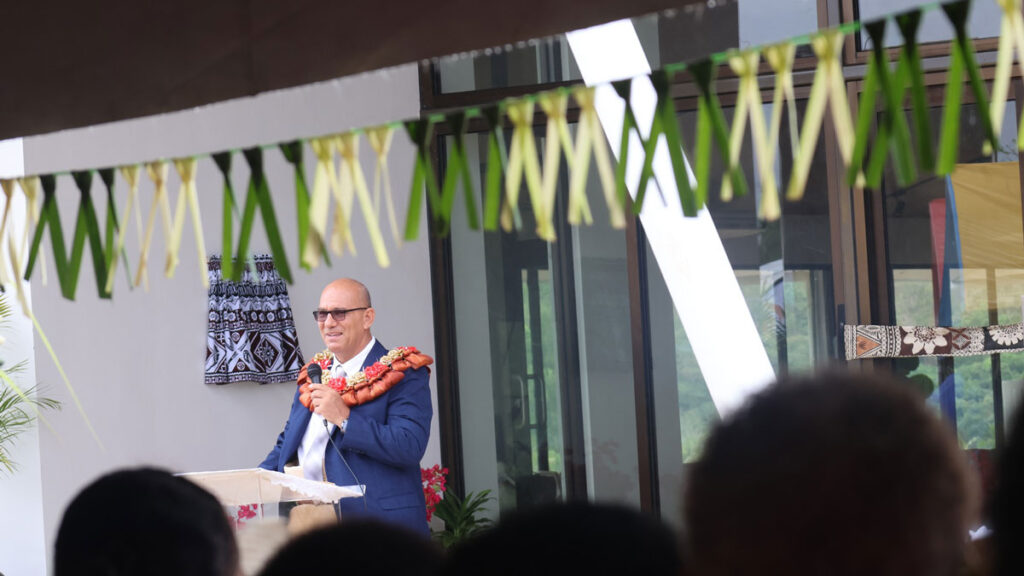Literature evangelism in the South Pacific Division (SPD) of the Seventh-day Adventist Church will undergo significant revitalisation in a bid to breathe new life into this long-established and core Church ministry.
A report on the Church’s literature evangelism ministry, entitled “SPD Publishing Department: Literature Distribution Project”, was accepted at yesterday’s SPD Board meeting. Key stakeholders were consulted during the preparation of the report, including literature evangelists (LEs), team leaders, and conference and union presidents.
It is one of four reviews undertaken in the past 10 years to address the challenges of the publishing ministry in Australia and New Zealand, where sales have dropped considerably. Australian purchases fell by 63 per cent and New Zealand by 44 per cent between 2007 and 2017. The rest of the Pacific dropped by 12 per cent. More than one-quarter of all LEs in Australia and NZ placed no orders in the 2016-17 financial year. Seventy-eight per cent purchased less that $2000.
There has also been a decline in the number of prayers offered in homes, enrolments in Bible correspondence courses and baptisms.
“It is difficult to earn a liveable wage as a full-time LE under the current model,” the report states.
Consequently, there has been a very high turnover rate among LEs, with less than 25 per cent of active LEs working for more than the past five years and most of the currently registered LEs only working part-time.
A key recommendation of the report is the introduction of new digital technologies that can be integrated with traditional literature distribution. This would include the establishment of an online database of contacts for future follow-up.
“The basic approach to distributing literature has changed very little since the late 19th century,” the report states.
“Literature evangelists (LEs) still go door to door to sell books. Since then, communication has changed significantly, especially since the introduction of social media, electronic books and phones permanently connected to the internet. In the same way in which Ellen White utilised the advances of printing in her day, it is imperative that the Church leverages the technological advances of the 21st century for furthering of the gospel.”
The report also recommends that future literature development be focused on relevant, contemporary content. Young people will be invited to write, produce and distribute this new content. [pullquote]
The proposed expansion focuses on greater integration between LEs and local churches, with a more explicit connection between the books and the Church.
The recommendations focus on Australia and New Zealand as these countries are experiencing the most significant challenges. Consequently, the LE program will continue unchanged across the Pacific Islands.
General Conference president Pastor Ted Wilson, who attended the meeting, said, “The publishing work will continue to the end of time but adaptation needs to take place as everyone participates in total member involvement.”
Chair of the Publishing Advisory Committee, Lionel Smith, said the commission to make disciples was given to all members; so too the work of literature distribution.
“If all members were to seriously engage in communicating with their neighbours through print and electronic media imagine the impact that would have compared to a few faithful literature evangelists,” Pastor Smith said. “It’s not about one or the other but both. What is really exciting is that this is a ministry young people who are both technologically aware and passionate can be creative and fully engaged in.”
A team of stakeholders, including the Publishing Department, has been appointed to prepare a plan, including a timeline, for the transition to the new and expanded publishing ministry. This team will report to the next SPD Board meeting in February 2018.






